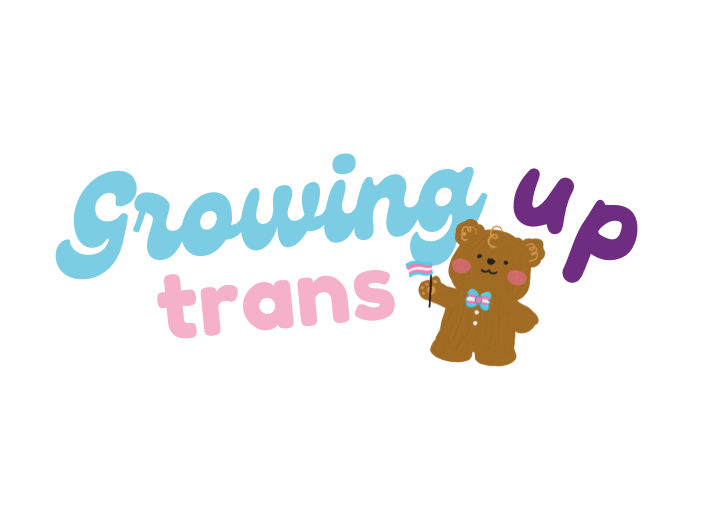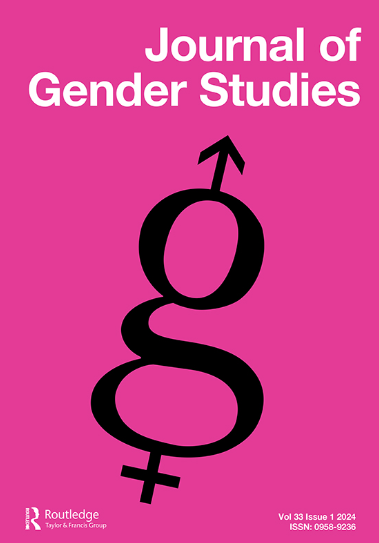
Growing up as a trans youth:
AN INTERNATIONAL LONGITUDINAL QUALITATIVE SURVEY OF YOUNG TRANS PEOPLE'S ACCESS TO CARE, SELF-AFFIRMATION AND WELL-BEING.
Researchers : Annie Pullen Sansfacon, Denise Medico, Sabra Katz-Wise, Damien Riggs, Matthew Carlile, Jason Schaub, Anne-Emmanuelle Ambresin, Manvi Arora. Research assistant and coordinator : Charles-Antoine Thibeault, Naomie-Jade Ladry, Samuel Champagne, Morgane A. Gelly, Chase Staras, Eli Godwin, 'Kork' Korkodilos, Salem Skelton, Patrick Schmitt. Advisors : Shuvo Ghosh, Nicholas Chadi, Lyne Chiniara, Edward Ou Jin Lee In collaboration with Organisme Jeunes Identités Créatives; Mermaids; Transcend; SAYFTEE; Fondation Agnodice ; The Association for Transgender Health in India (ATHI); funded by Canadian Institutes of Health Research (CIHR)
The aim of this project is to produce longitudinal, prospective and contextualised knowledge about the experiences of trans and non-binary young people and the changes in their gender identity, affirmation and medical needs, paying particular attention to their relationships with family and social dynamics. The aims of the study are:

Growing up trans: the influence of gender-affirming medical care on the well-being of transgender youth in Quebec.
Ladry, N.-J., Gelly, M.A., & Pullen Sansfaçon, A.(2026).

“I have been thinking about this for a long time” : Navigating gender affirming medical care decisions for trans and nonbinary youth and their families in six countries.
Thibeault, C.-A., Katz-Wise, S. L., Schmitt, P. A., & Pullen Sansfaçon, A. (2025).

Coalition and Multi-Positionality Research Teams: A Nuanced Approach for Anti-Oppressive Research.
Chibaya, N. H., Arora, M., Thibeault, C.-A., & Pullen Sansfaçon, A. (2024)

‘It just feels really nice when people call me by my name’ : Accounts of gender euphoria among Australian trans young people and their parents.
Skelton, S., Riggs, D. W., Pullen Sansfacon, A., Katz-Wise, S. L., Arora, M., & Thibeault, C.-A. (2024).
